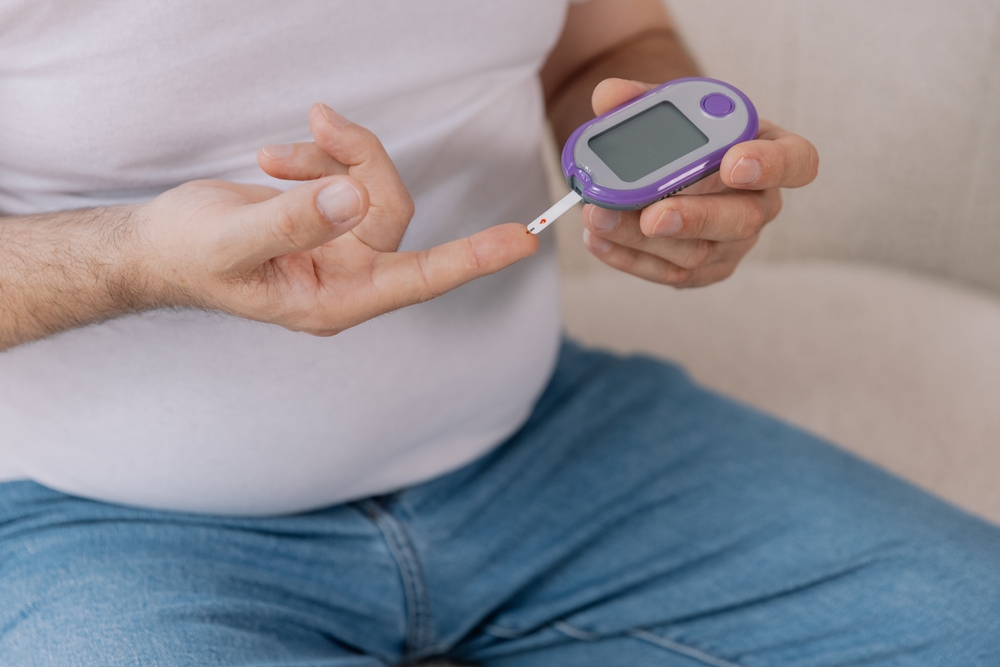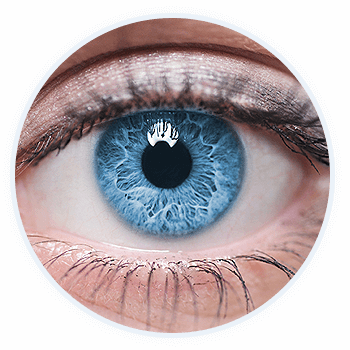
Diabetic eye disease is a group of eye conditions that affect people with diabetes. The most common form of diabetic eye disease is diabetic retinopathy, which is a leading cause of vision loss and blindness.
The longer you have diabetes, the greater your risk of developing diabetic eye disease. Keep reading to learn more about managing diabetic eye disease!
How Can You Manage Diabetic Eye Disease?
Diabetic retinopathy occurs when prolonged high blood glucose or sugar levels damage the tiny blood vessels in the retina. The retina is the light-sensitive tissue at the back of the eye.
When damaged, these blood vessels may swell and leak. They can also become blocked, preventing blood from passing through.
In some people, new blood vessels grow to replace the damaged ones. These new vessels are weak and fragile and can leak fluid and blood into the retina.
All these eye changes can rob you of your sight. Managing diabetic retinopathy with the following tips can help slow or even prevent the condition from progressing while benefiting your overall health.
Here are some steps you can take to help manage diabetic eye disease:
Control Your Blood Sugar
Keeping your blood sugar levels steady is vital in managing diabetic retinopathy. Over time, high blood glucose levels can damage the blood vessels in the retina, leading to vision loss.
Follow your doctor’s recommendations, including taking insulin and/or oral diabetes medication as prescribed to keep your blood sugar within the target range. By maintaining optimal blood glucose levels, you can delay or halt further progression of diabetic retinopathy and decrease the risk of complications.
Keep Your Blood Pressure and Cholesterol Under Control
High cholesterol and high blood pressure can aggravate the damage caused by diabetes to your blood vessels. So check your cholesterol and blood pressure regularly and take steps to maintain healthy levels.
Reasonable control of your blood pressure and cholesterol can help prevent diabetic retinopathy from worsening and preserve your remaining vision.
Quit Smoking
Smoking can make it more difficult to control your blood sugar, which can exacerbate diabetic retinopathy. To keep diabetic retinopathy from getting worse, stop smoking and avoid second-hand smoke.
If you need help quitting, ask your doctor for help.
Attend Your Annual Dilated Eye Health Exam
Diabetic retinopathy often has no symptoms in the early stages. However, with frequent and comprehensive eye health exams, your eye doctor can catch diabetic retinopathy even before you experience any vision changes.
Timely detection and treatment of diabetic retinopathy can slow or even stop its progression and prevent significant vision loss.
Move Your Body More
Getting regular exercise can help your mental health and your entire body, including your eyes. Each week, aim for at least 150 minutes of moderate exercise, such as brisk walking, cycling, and swimming.
Physical activity plays an essential role in managing diabetic retinopathy. It helps lower your blood pressure and blood sugar and increases your good cholesterol, decreasing the risk of further damage to your eyes.
Maintain a Healthy Diet
Overconsumption of processed foods can increase the rate of progression of diabetic retinopathy. Limit your intake of highly processed foods such as sugary drinks, fast foods, and processed meats.
Instead, opt for foods that are high in zinc, vitamins C and E, zeaxanthin, lutein, beta carotene, and omega-3 fatty acids that help support eye health, manage diabetes, and guard against vision loss.
Examples include:
- Vitamin E sources: Avocado, peanut butter, peanuts, and mangoes
- Beta-carotene sources: Milk, liver, sweet potatoes, carrots, and eggs
- Vitamin C sources: Strawberries, kiwi, potatoes, guavas, lemons, and oranges
- Zinc sources: Beef, pork, lamb, oysters, beans, lentils, and cashews
- Omega-3 sources: Sardines, salmon, tuna, mackerel, cod liver oil, chia seeds, and walnuts
- Zeaxanthin and Lutein sources: Egg yolks, kale, spinach, broccoli, papayas, and Brussels sprouts
The expert eye doctors at VisionPoint Eye Center can work with you to create a personalized diabetic eye disease management plan to protect your sight over the long term.
Do you have diabetes and need to have your eyes checked? Schedule an appointment today at VisionPoint Eye Center in Bloomington, IL today to preserve your vision.










